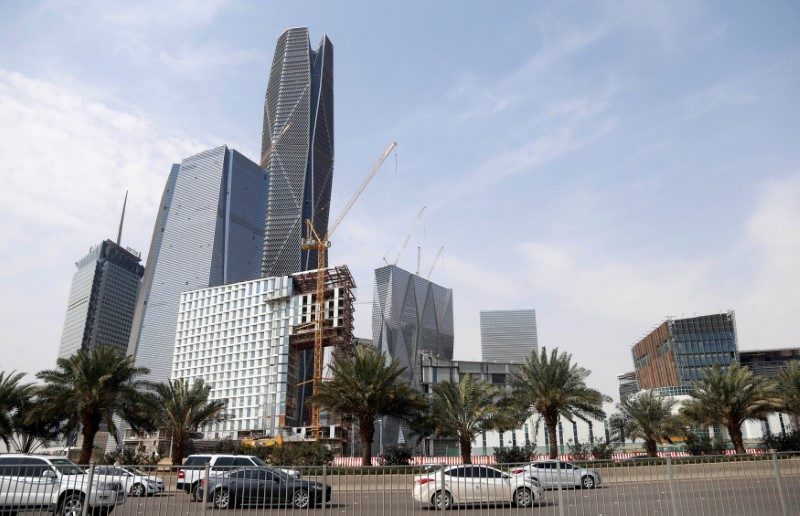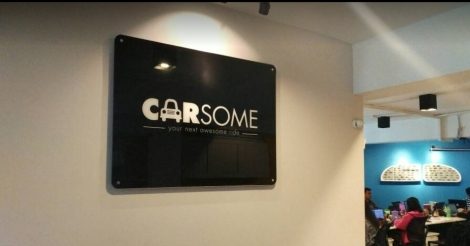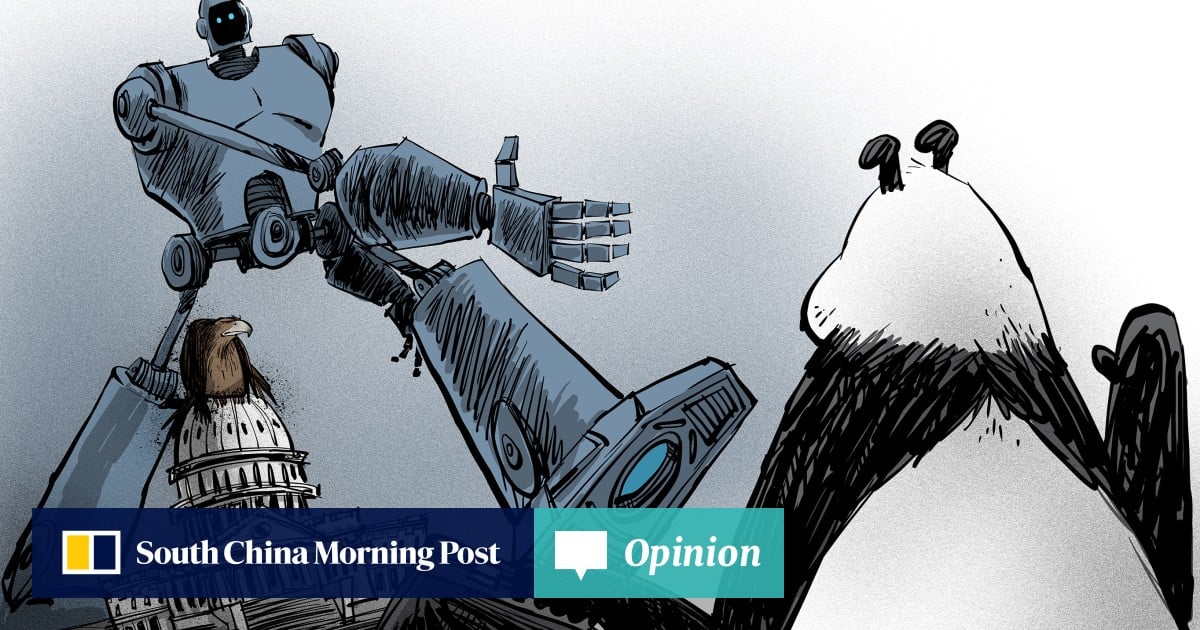TOKYO, Japan (Reuters) – Toyota’s research arm announced on Thursday that it had bought Carmera, a provider of maps and data for self-driving cars based in the United States, marking the Japanese automaker’s latest foray into autonomous technology. The purchase, made through Toyota’s newly formed subsidiary Woven Planet for an unknown fee, highlights Toyota’s attempt to beef up its self-driving armament as traditional automakers vie with digital titans such as Apple and Amazon’s autonomous ambitions. Toyota will gain access to real-time, high-definition maps and crowdsourcing inputs, which are critical for autonomous vehicles to identify and navigate themselves, according to a statement from the firms. Since 2018, the two companies have worked together on initiatives including as technology that accurately refreshes repainted lane markings on high-definition maps. In an interview with Reuters on Wednesday, Woven Planet CEO James Kuffner said, “It’s extremely well linked with our global expansion as a company.” Woven Planet was founded in January with the goal of investing in and developing artificial intelligence mobility. It is constructing Woven Metropolis, a prototype “future city” powered by hydrogen fuel cells that will serve as a test bed for self-driving automobiles, at the foot of Mount Fuji. With the acquisition, Woven Planet plans to develop and market an open map platform to original equipment manufacturers and automakers looking for precise and up-to-date data, according to Kuffner. “We’re just getting started with Carmera. We’ll keep moving forward… and search for strategic alliances or acquisitions,” Kuffner said, adding that he wants to “triple or quadruple” the company’s size “Woven Planet’s size will double in the next several years as a result of organic growth and acquisitions. Toyota bought Lyft Inc’s self-driving technology unit for $550 million earlier this year, and invested in Ridecell, a company that automates fleet enterprises. Other self-driving alliances for the Japanese company include a joint venture with SoftBank Corp, investments in China’s Didi Global Inc and Singapore’s Grab, and a consortium comprising GM, suppliers, and chipmakers. Toyota has increasingly coupled its storied manufacturing method with more recent acquisitions of startups and Silicon Valley know-how to produce the next generation of automobiles as it moves into new and non-traditional car manufacture, such as driverless and electric technologies. “There’s a lot of uncertainty in the automobile industry right now,” Kuffner added. “But the only certainty I have is that it will look drastically different in 10 or 30 years. The only thing we can do is try to invest in the future to create the Toyota Group’s future… take the revenues from Toyota’s existing business and invest them in the future to create the Toyota Group’s future.” The majority of automakers, including Toyota, provide Level 2 automation, in which the car steers and accelerates but the driver must be ready to take control, and experts believe fully self-driving cars are years away. Nonetheless, Tesla Inc CEO Elon Musk stated earlier this month that a beta version of the company’s technology that allows for completely autonomous driving without the need for a driver will be available in “a month or so.” Earlier this year, Toyota rival GM unveiled a completely autonomous all-electric flying Cadillac concept vehicle./n
Read MoreToyota’s self-driving car unit buys US map startup Carmera
2021-07-15T04:26:55-04:00July 15th, 2021|





